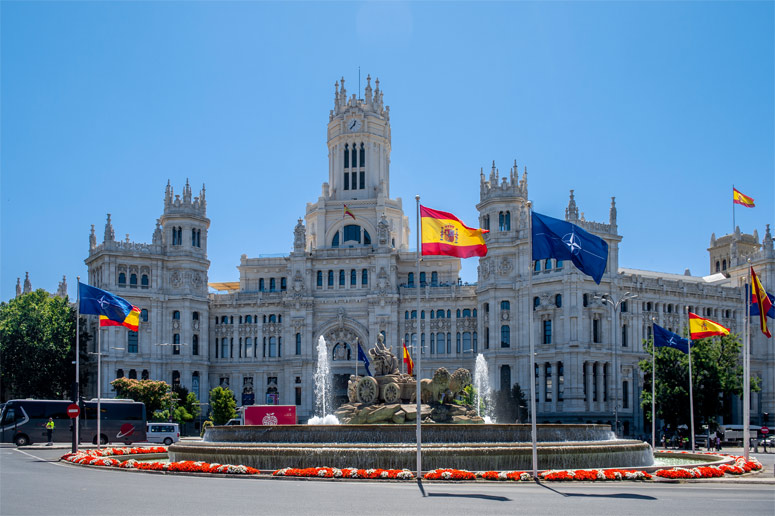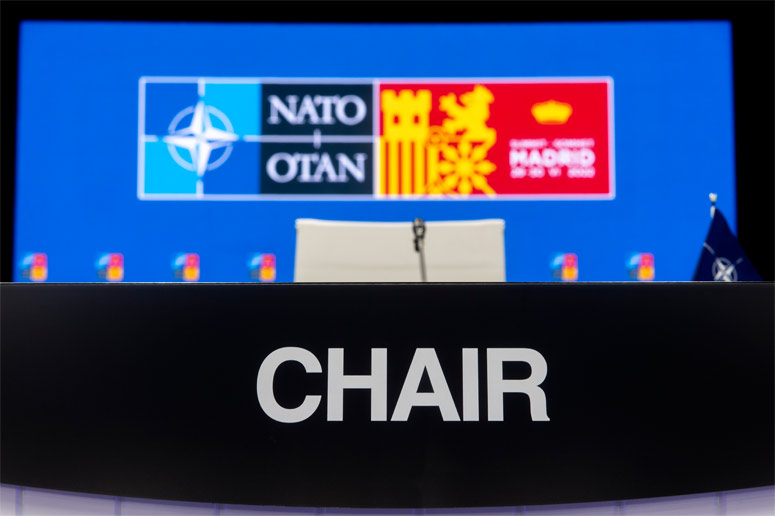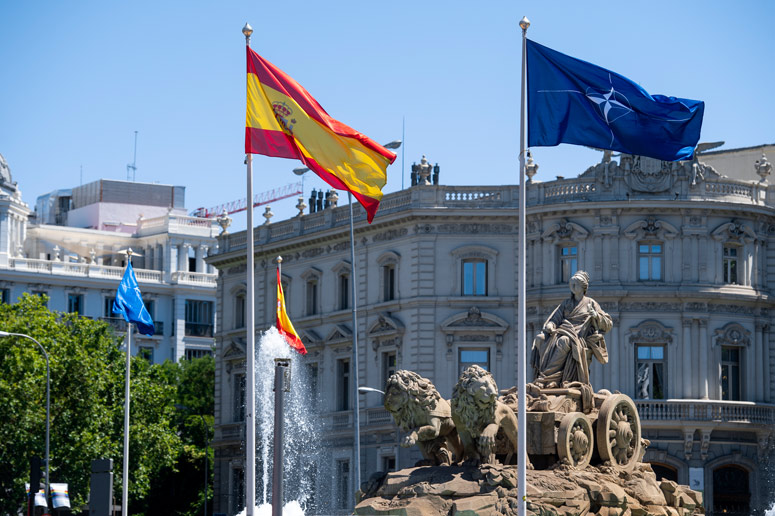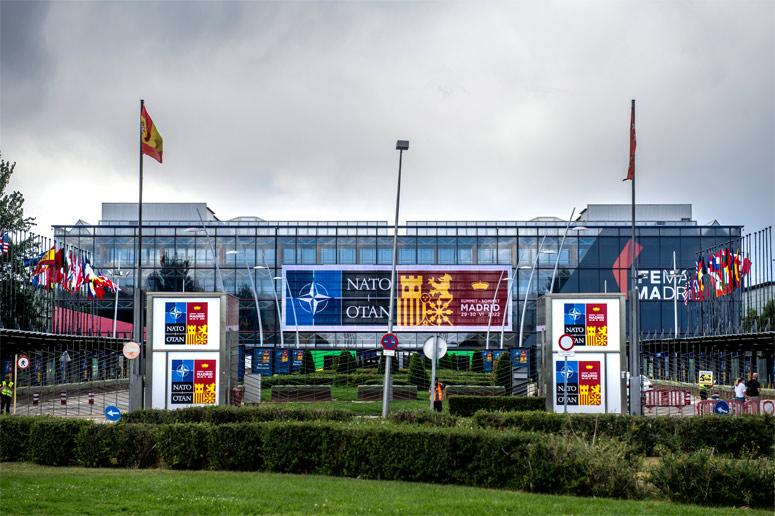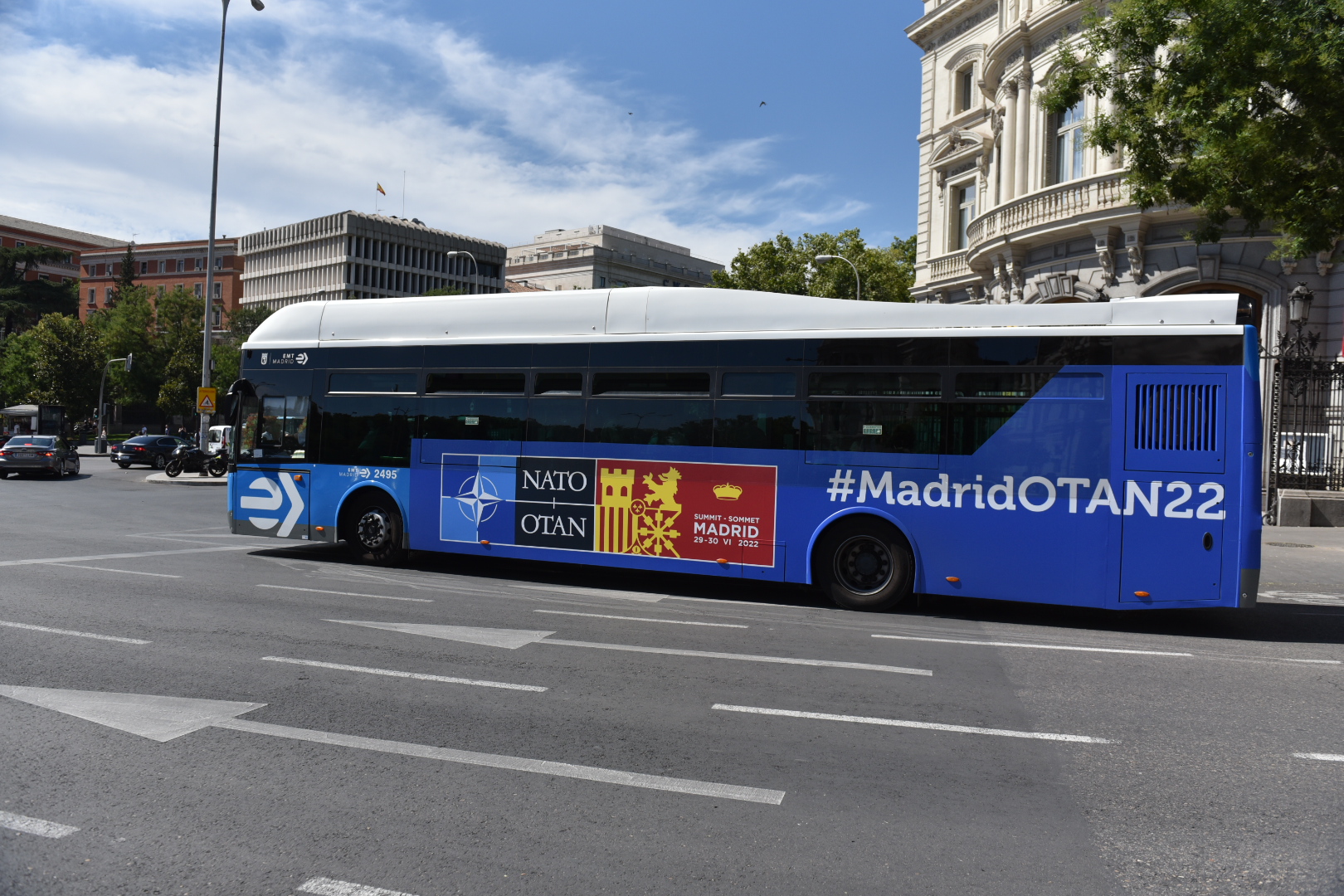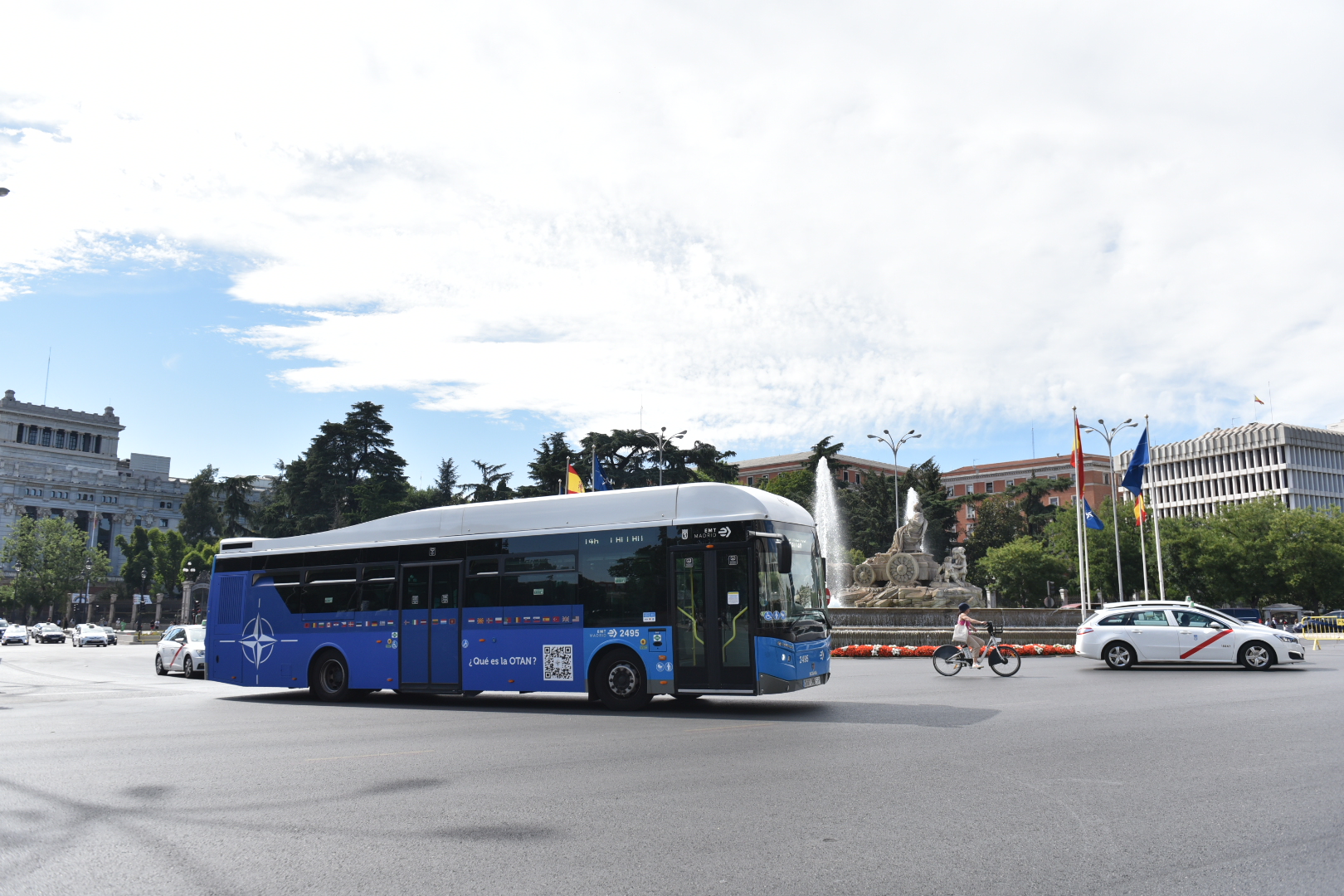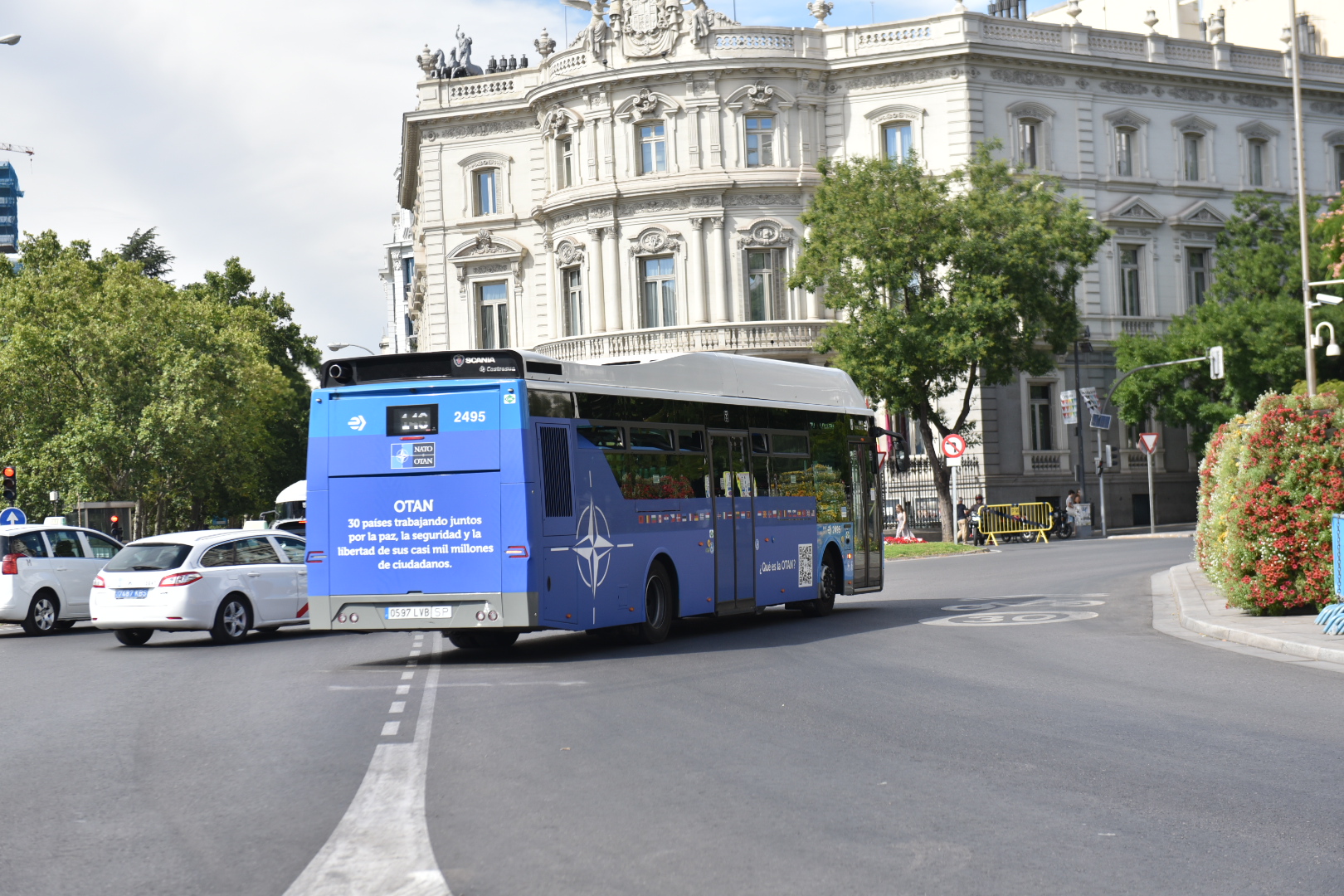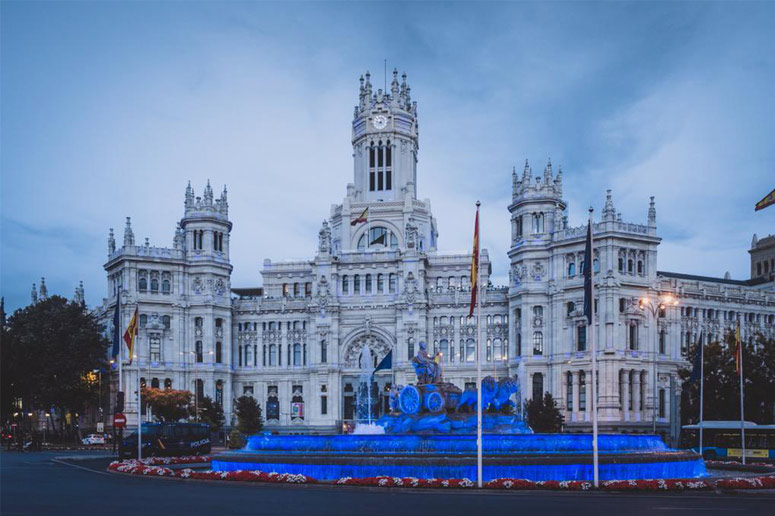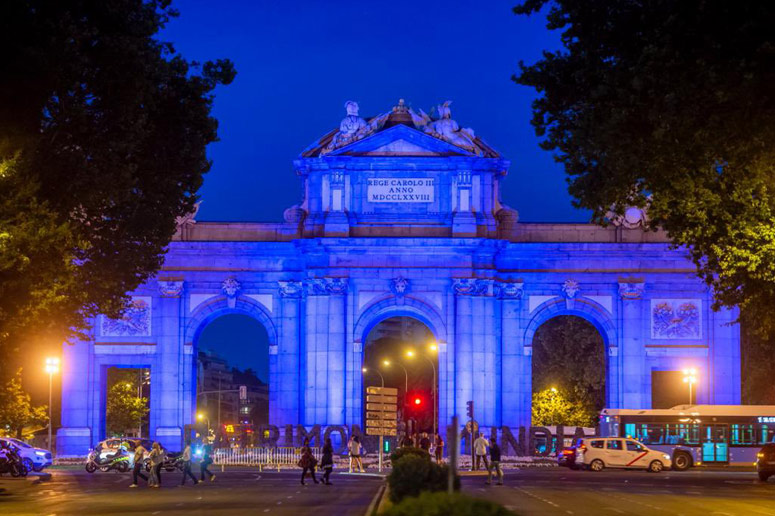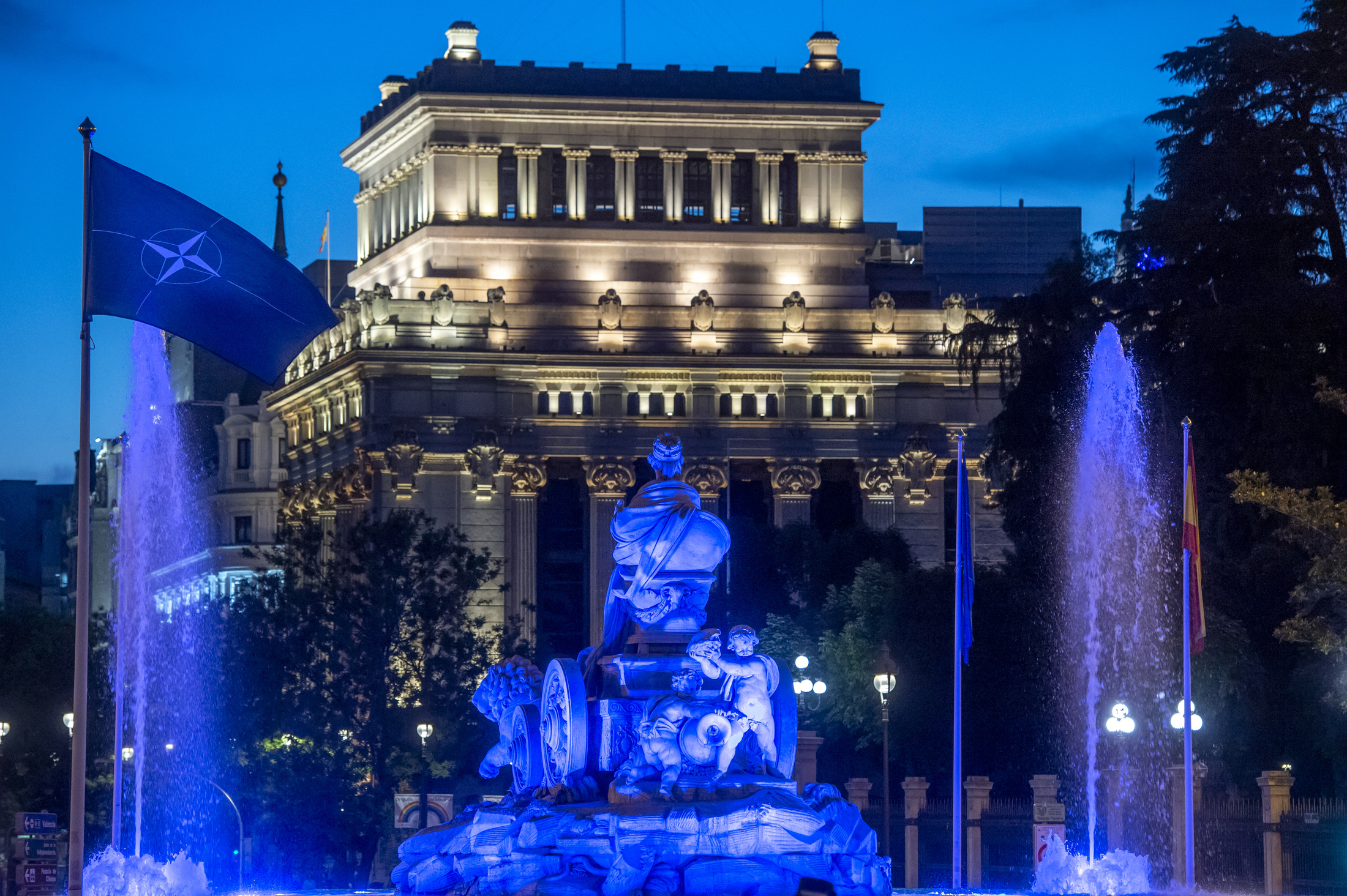2022 NATO Summit
NATO Leaders gathered in Madrid, Spain to discuss important issues facing the Alliance. The Madrid Summit has set NATO’s strategic direction for the future, ensuring that the Alliance will continue to adapt to a changing world and keep its one billion people safe.

Summit in summary
- Who: Heads of State and Government from NATO's member countries and key partners
- What: Discussed the most pressing security concerns of today and tomorrow, and endorsed NATO's new Strategic Concept
- Where: Madrid, Spain
- When: 29-30 June 2022
- Why: To make sure that NATO continues to fulfil its key purpose and greatest responsibility: ensuring collective defence for its member countries and keeping our one billion people safe
Key decisions
At the Madrid Summit, NATO Leaders took important and transformative decisions that set the Alliance's strategic direction for the near and long-term future. See the key points below, and read the full Summit Declaration by Allied Heads of State and Government for more information.
2022 Strategic Concept
- NATO's guiding document, reflecting the new security reality that has emerged since the previous Strategic Concept was agreed in 2010
- identifies Russia as the most significant and direct threat to Allied security, addresses China for the first time and includes other challenges like terrorism, cyber and hybrid
- download the 2022 Strategic Concept
Strengthened deterrence and defence
- the biggest overhaul of Allied collective defence and deterrence since the Cold War
- upgraded defence plans, with more forces at high readiness and specific forces pre-assigned to defend specific Allies
- more troops and more pre-positioned equipment and weapon stockpiles in the east of the Alliance, enhancing NATO's eight multinational battlegroups
Investing more in defence
- reaffirmed commitment by Allies to spending at least 2 per cent of GDP on defence by 2024
- more common funding for NATO
Support to Ukraine and other partners at risk
- a strengthened Comprehensive Assistance Package for Ukraine, including support in areas like secure communications, anti-drone systems and fuel
- long-term help for Ukraine to transition from Soviet-era military equipment to modern NATO equipment
- new support packages for other partners at risk, including Bosnia and Herzegovina, Georgia, and the Republic of Moldova
Adapting the Alliance to emerging challenges
- agreement to cut greenhouse gas emissions by NATO as an organisation by at least 45 per cent by 2030, down to net zero by 2050
- launch of the NATO Innovation Fund, which will invest EUR 1 billion over the next 15 years in start-ups developing dual-use emerging technologies, such as artificial intelligence
- pledge to continue enhancing national and collective resilience, so that Allied societies are prepared for any threat or challenge
- Australia, Japan, New Zealand and the Republic of Korea joined a NATO summit for the first time, to deepen cooperation and address global challenges
Finland and Sweden membership
- official invitation to Finland and Sweden to become NATO members
- reaffirmed commitment to NATO's Open Door policy for aspiring members
Challenges from the south
- recommitment to the fight against terrorism and NATO's 360-degree approach to deterrence and defence
- discussion of the food crisis caused by Russia's invasion of Ukraine, and Russia's and China's increasing influence in the Alliance's southern neighbourhood
- new support packages for partner countries Mauritania and Tunisia
Reaffirming NATO's common values
- a reaffirmed, iron-clad commitment from Allies to collective defence and the importance of the transatlantic bond that unites NATO
- an equally strong commitment to the rules-based international order and Allies' shared values of individual liberty, human rights, democracy and the rule of law
- agreement to continue advancing gender equality, and to integrate human security and the Women, Peace and Security agenda across NATO's core tasks
2022 Strategic Concept
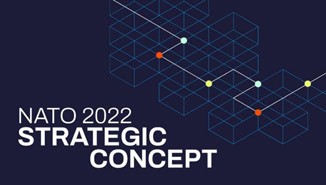
At the Madrid Summit, NATO adopted its new Strategic Concept.
This key document reaffirms NATO's values, purpose and tasks. It provides a collective assessment of the security challenges facing the Alliance and outlines the political and military tasks NATO will carry out to address them.
Learn more about the Strategic Concept.
On the Agenda
How has Russia's brutal and unprovoked invasion of Ukraine and the new security reality in Europe affected NATO's approach to deterrence and defence?
What is the Alliance doing to address other challenges, like China's growing influence and assertiveness or the security consequences of climate change?
What will be included in NATO's next Strategic Concept, the blueprint for the Alliance's future adaptation to a more competitive world where authoritarian powers try to push back against the rules-based international order?
These are just some of the important questions that NATO Leaders discussed during the Madrid Summit.
TOPICS: View a full rundown and read background information about the key topics on the agenda.
PROGRAMME: To follow the summit's key moments, explore the detailed programme, which includes news, transcripts, photos, audio and video as they happened.
The host country
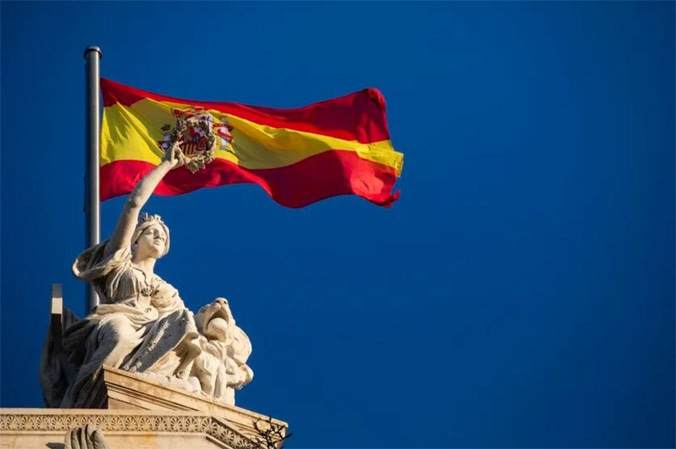 Hispania, the national personification of Spain, holds aloft a laurel wreath in front of the Spanish flag. The statue sits atop the National Library of Spain in Madrid. (Photo credit: Jesus G. Feria/La Razon)
Hispania, the national personification of Spain, holds aloft a laurel wreath in front of the Spanish flag. The statue sits atop the National Library of Spain in Madrid. (Photo credit: Jesus G. Feria/La Razon)Spain is hosted the 2022 NATO Summit in an auspicious year – the 40th anniversary of its accession to NATO.
Spain became the 16th country to join NATO on 30 May 1982. The new member brought a lot to the table as it joined the 33-year-old Alliance – not only its military capabilities and its vital geostrategic location for Western European defence (positioned between the Mediterranean Sea and the Atlantic Ocean), but also its diplomatic skill and political relations with Latin America, the Middle East and North Africa.
Eventually, a Spanish diplomat would serve as NATO Secretary General, guiding the Alliance through its first major peacekeeping operation and its transition from a Cold War organisation to a fully flexible security organisation engaged with new partners and prepared for new threats and challenges.
Read more about Spain's history in the Alliance on NATO Declassified.
Did you know?
Madrid hosted a NATO summit 25 years ago, on 8-9 July 1997.
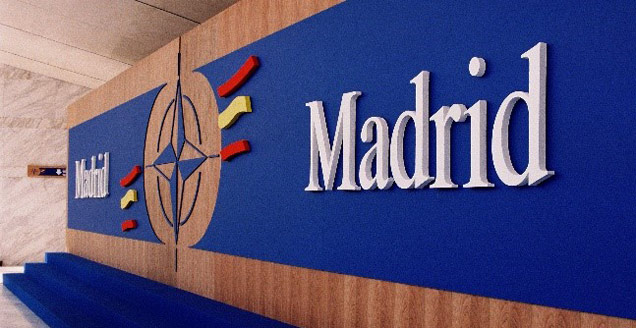
One of the notable decisions taken by NATO Leaders at this summit was to invite the Czech Republic, Hungary and Poland - the 1st post-Cold War member countries – to begin accession talks with NATO.
Check out this blast from the past website for photos and information.
NATO Public Forum

Alongside the Madrid Summit, a Public Forum brought together stakeholders beyond the traditional security and defence community in a discussion about the future of the Alliance.
Hosted by four leading civil society organisations – the Elcano Royal Institute, the German Marshall Fund, the Munich Security Conference and the Atlantic Council – the Public Forum featured experts and decision-makers from around the world to add further perspectives to the Summit.
The full livestream from the event is available to view on NATO YouTube:
- Day 1 focused on the High-Level Dialogue on Climate and Security, along with a special address by His Majesty King Felipe VI of Spain.
- Day 2 included panel discussions on NATO in an era of great power competition, advancing NATO's technological edge, the situation in Ukraine, the future of deterrence and defence in the Euro-Atlantic area and its neighbourhood, countering hybrid threats, the transatlantic bond and NATO's purpose in a changing world.

